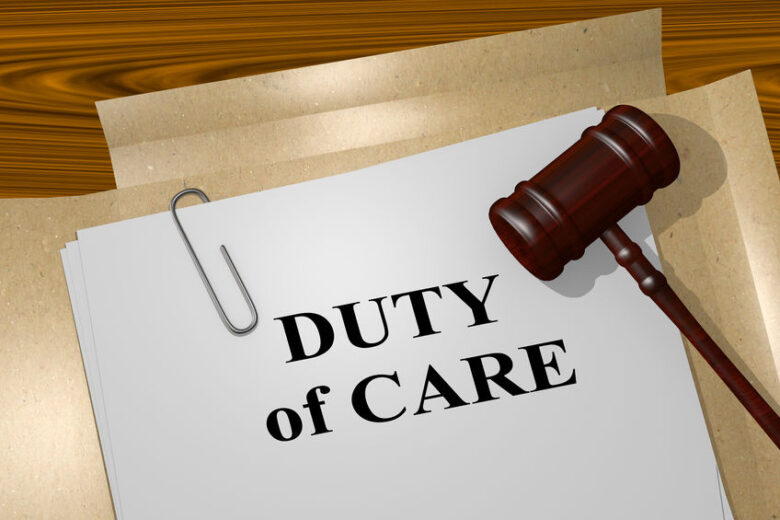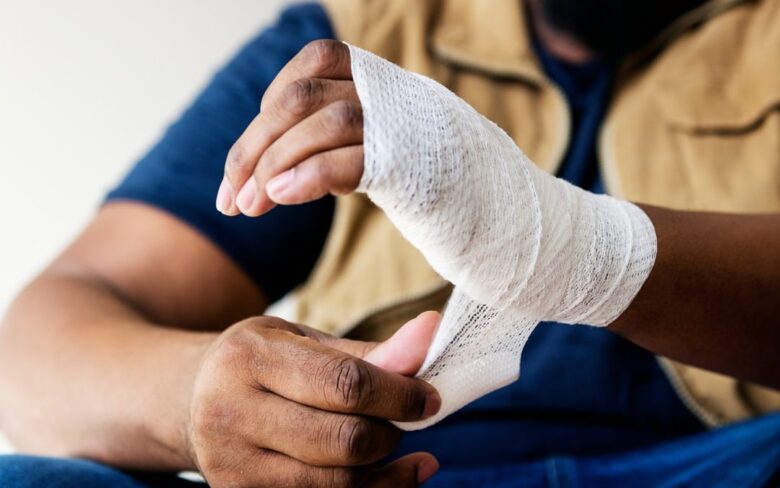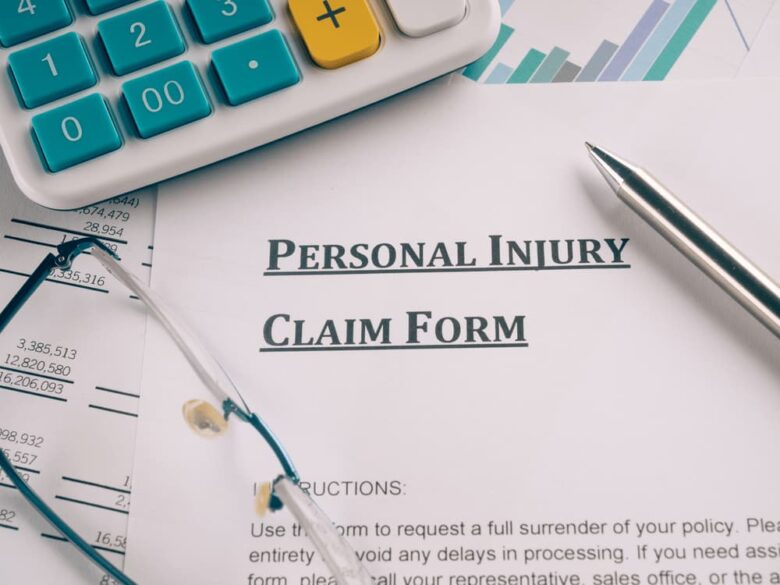A personal injury is any injury that results from an accident, intentional act, willful negligence, or medical malpractice. A personal injury can result in death or the loss of a part of one’s body. The damages can be either physical resulting in pain and disability, or emotional, resulting in grief and anxiety. The legal system defines personal injury as causing an injury to a person or property by someone else.
To recover damages for the injury, you must prove that the defendant was at fault and that the defendant’s negligence caused your injuries. The most common form of personal injury is medical malpractice. Medical errors are often used as examples of faulty medical treatment. Sometimes, people who have injured themselves seek recovery for their physical injuries but not for their emotional stress and pain resulting from the accident.
After an accident, your first thought will be to seek medical attention. Medical care is not cheap, so you have to find your options to pay. Once you are done with your medical care, the next thing you have to do is to consult an attorney. Because you might be eligible for a personal injury lawsuit.
Consult with a personal injury lawyer to know about your options. You must have incurred damages to yourself and your property. It is important to recover that. To do that, you need to hire a lawyer. Do not make the mistake of not hiring a lawyer and let the insurance company take advantage of you.
4 Elements of Proof in a Personal Injury Case
Now, since you are filing a claim, the burden of proof is on you. It is your duty to prove that the defendant’s negligence caused the accident. You need to prove four elements when it comes to a personal injury case. The 4 elements you need to prove are:
- Duty of Care
- Breach of Duty
- Causation
- Damages
1. Duty of Care

Every person owes a duty of care to others. Tort Law defines duty as a legal obligation to conform to a reasonable standard of conduct under the circumstances. It is a technical term used in law with specific meanings established by various court decisions. Usually, the question of whether someone owed another person a legal duty is submitted to the jury for determination. You need to prove that the at-fault person owed a duty of care to you.
2. Breach of Duty
A person breaches the duty if he fails to conform to the standard of conduct. The jury must determine whether or not there was a breach and, if so, whether the breach caused harm. The jury must find that the defendant breached their duty. It is also necessary to find that the violation caused the Injury.
It is important to note that the breach of duty is not always a conscious act; it can be an act of negligence or mere accident. Having a witness or some pieces of evidence to that proves the defendant acted negligently will support your case.
3. Causation

The jury must find that the defendant knew or should have known that his conduct was dangerous to another person. The standard of care is a set of duties measured against the reasonable person standard to determine whether a good person would have foreseen that the defendant’s conduct could have hurt another person.
In other words, whether or not a reasonable person would have known that his conduct could cause injury. The judge establishes the standard and is only an advisory guide for juries who must decide for themselves if the bar has been met.
4. Damages
The jury must also determine the amount of compensation for the injury. In addition to personal injury, other injuries can cause emotional stress and loss of income. These losses are often referred to as “damages” in an individual injury case. The damages awarded in a personal injury case may also include punitive damages intended to punish the defendant’s negligence. You will receive compensation for only the damages incurred due to the accident.
Common Challenges in a Personal injury Case

While from the outside perspective, what might look simple, is not actually simple. Filing and winning a personal injury claim is not an easy task. Proving the 4 elements of a personal injury case is harder than one thinks. Sometimes even with the help of a lawyer, it is hard to win due to a lack of pieces of evidence and such things.
One common challenge that everyone face is hiring a good lawyer. Hiring a good lawyer will almost automatically win the case. But hiring a good lawyer is very difficult. If you suffered from a personal injury, never settle with one lawyer. Get multiple consultations till you find a lawyer you are comfortable with. Remember, switching between law firms is possible, but it is not easy to do. So, hire a good lawyer in the beginning.
Another common challenge is calculating the compensation amount you deserve. When calculating damages, you need to be sure of what are all the damages you incurred. If you fail to calculate the exact amount, you will not get the compensation you deserve. Remember, you can sue for non-economical damages also.
As said, you have the burden of proof. So, it is on you to prove the negligence of the defendant. If you fail to prove that the negligence of the defendant is the reason for the accident, you will not get any kind of compensation.

To avoid these types of common challenges, approach an attorney who can help you. You might feel like we are over-stressing to consult a lawyer, but it is honestly the best option available to you.
Personal injury is a legal action that occurs when one person causes injury to another. It is accepted that some damage occurs every day. Still, if it can be proven that someone’s negligence caused the injury, then the injured party can file a personal injury claim in court. You must confirm each element of proof, and depending on the jurisdiction, you may need to establish two or three parts. Visit levininjuryfirm.com to know more about personal injury cases.


